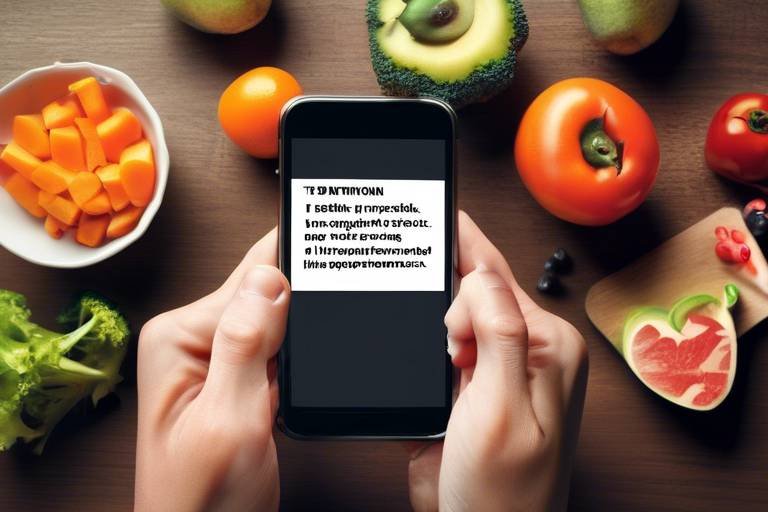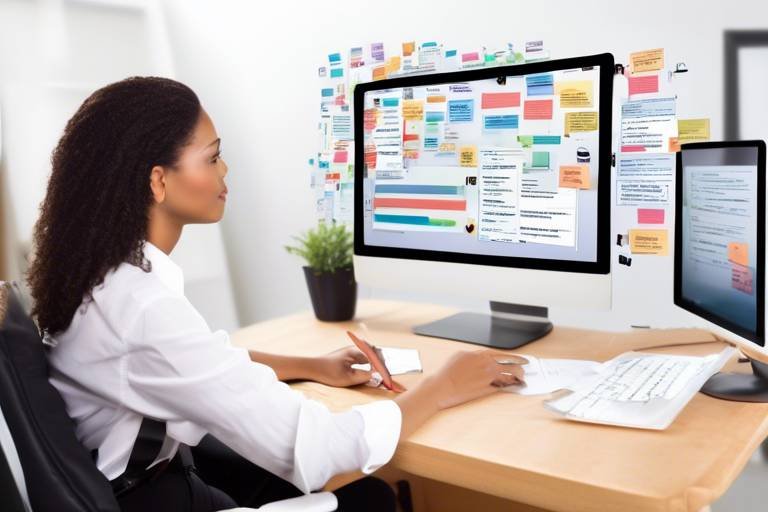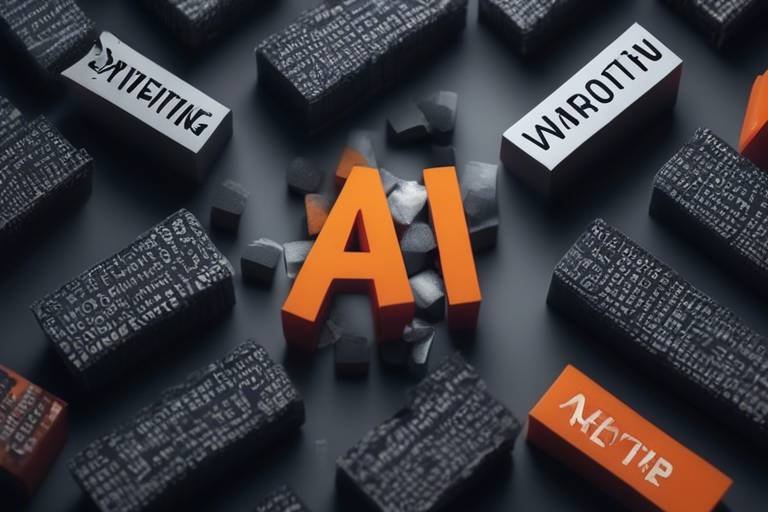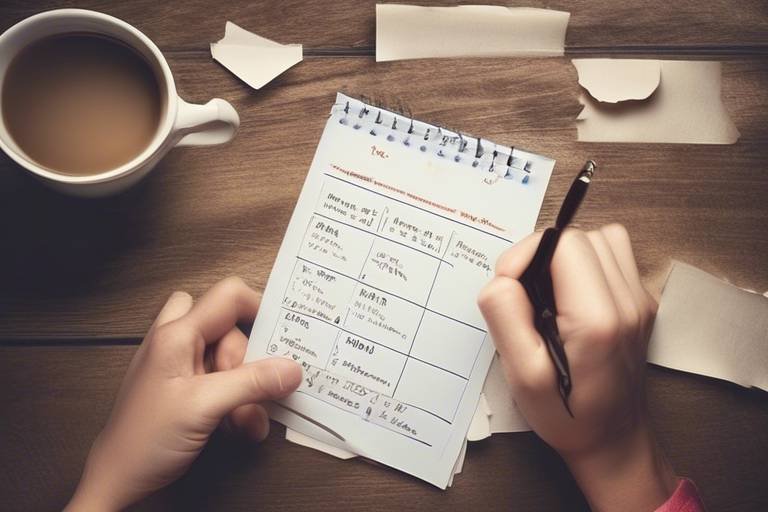Top Time Management Strategies with Modern Apps
Managing time effectively is crucial in today's fast-paced world where distractions are abundant and demands are high. With the help of modern apps, individuals can enhance their productivity and efficiency by implementing various time management strategies. Let's delve into some top strategies and how these apps can revolutionize the way we manage our time.
One of the key techniques in effective time management is prioritizing tasks. By categorizing tasks based on their urgency and importance, individuals can ensure that they are focusing on what truly matters. Tools like the Eisenhower Matrix and ABCDE method can be incredibly helpful in organizing and tackling tasks in a systematic manner.
Setting goals is another essential aspect of time management. By setting Specific, Measurable, Achievable, Relevant, and Time-bound (SMART) goals, individuals can stay motivated and track their progress effectively. Apps like Trello and Asana provide a platform for breaking down goals into actionable steps and monitoring milestones.
Distractions are the enemy of productivity, but with the right techniques, they can be minimized. Apps like Forest and Freedom help individuals block distracting websites and create a focused work environment. By implementing these tools, one can maintain concentration and accomplish tasks more efficiently.
Time blocking is a powerful strategy that involves allocating specific time slots for different activities throughout the day. Calendar apps such as Google Calendar and Microsoft Outlook enable users to create a structured schedule and ensure that each task is given the attention it deserves.
Delegating tasks is crucial for effective time management, especially in a team setting. Apps like Todoist and Slack facilitate task delegation based on team members' strengths and workload. By distributing tasks strategically, individuals can optimize their workflow and achieve better results.
Automation is another game-changer in time management. Tools like Zapier and IFTTT allow users to streamline repetitive tasks, such as email responses and file organization. By automating these processes, individuals can save time and focus on more important activities.
Tracking time usage and productivity levels is essential for identifying inefficiencies and improving workflow. Apps like RescueTime and Toggl provide insights into how time is spent and help individuals optimize their productivity. By analyzing data, one can make informed decisions on how to better utilize their time.
Effective communication and collaboration are key components of successful time management, especially in a team environment. Communication tools like Slack and Microsoft Teams enhance collaboration by facilitating seamless communication and sharing of updates. By communicating deadlines and feedback effectively, teams can work together more efficiently.
Self-care plays a significant role in time management as well. Apps like Headspace and Calm promote mindfulness and stress management, helping individuals maintain a healthy work-life balance. By prioritizing self-care, individuals can recharge and approach tasks with renewed energy and focus.

Task Prioritization Techniques
When it comes to managing tasks effectively, prioritization techniques play a crucial role in ensuring that important tasks are completed on time. One popular method is the Eisenhower Matrix, which categorizes tasks into four quadrants based on urgency and importance. By identifying tasks as urgent and important, urgent but not important, important but not urgent, or neither urgent nor important, individuals can focus on tasks that align with their goals and priorities.
Another effective task prioritization technique is the ABCDE method, which involves assigning a priority level to each task. Tasks are categorized as A (urgent and important), B (important but not urgent), C (could be delegated), D (can be delayed), and E (eliminate). By assigning a priority level to each task, individuals can allocate their time and energy to tasks that have the most significant impact on their goals.
Utilizing these task prioritization techniques can help individuals manage their workload efficiently and ensure that they are focusing on tasks that contribute to their overall success. By prioritizing tasks based on urgency and importance, individuals can make the most of their time and resources, leading to increased productivity and achievement of goals.

Goal Setting and Tracking
Setting goals is essential for achieving success and staying focused on your priorities. When it comes to , modern apps play a crucial role in helping individuals effectively plan, monitor, and accomplish their objectives. By utilizing apps like Trello or Asana, you can create SMART goals that are Specific, Measurable, Achievable, Relevant, and Time-bound. These apps provide a visual representation of your goals, allowing you to break them down into smaller, manageable tasks.
Tracking progress is equally important in goal achievement. With the help of apps like Trello or Asana, you can monitor your tasks, set deadlines, and update your progress in real-time. By regularly reviewing your goals and progress, you can stay motivated and adjust your strategies if needed. These apps act as virtual accountability partners, keeping you on track towards your desired outcomes.
In addition to task management apps, setting reminders and notifications can also aid in goal tracking. By receiving timely alerts and updates on your tasks, you can stay organized and focused on what needs to be done. These reminders serve as gentle nudges to keep you moving forward and prevent procrastination.
Furthermore, incorporating visual aids such as progress charts and milestone trackers can enhance your goal tracking experience. Visual representations of your achievements can boost your morale and provide a sense of accomplishment, motivating you to continue working towards your goals.
Remember, goal setting is not just about creating a list of objectives; it's about taking actionable steps towards realizing your aspirations. By leveraging modern apps and tracking tools, you can turn your goals into tangible results and experience the satisfaction of achieving what you set out to accomplish.
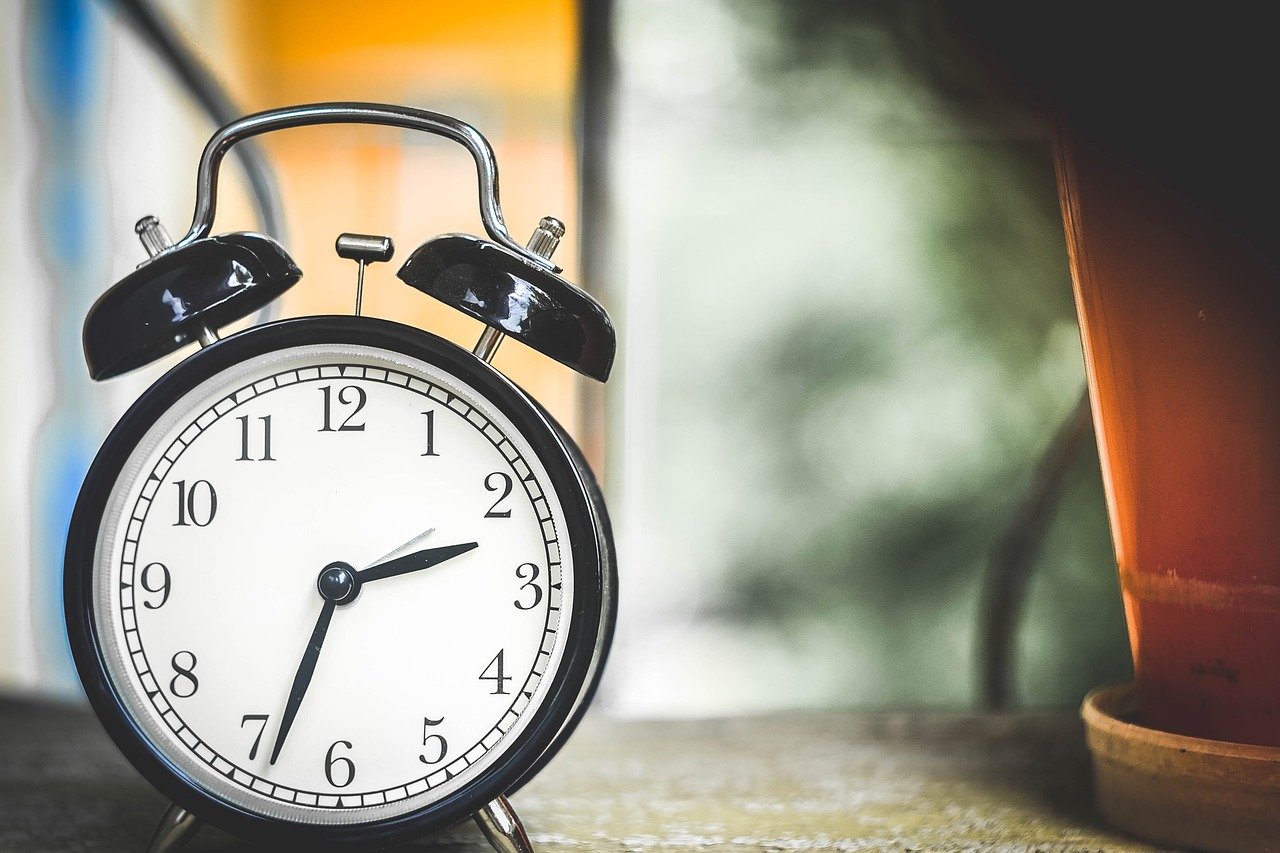
Minimizing Distractions
Explore effective time management strategies and how modern apps can enhance productivity. Learn how to prioritize tasks, set goals, minimize distractions, and optimize your daily schedule for improved efficiency and success.
In today's fast-paced world, distractions are everywhere, threatening to derail your focus and productivity. But fear not, as modern apps offer innovative solutions to help you stay on track. By utilizing tools like Forest or Freedom, you can create a distraction-free work environment by blocking access to tempting websites or apps that steal your attention. Imagine a shield protecting you from the constant bombardment of notifications, allowing you to dive deep into your work without interruptions.

Time Blocking and Scheduling
Time blocking and scheduling are essential techniques for effectively managing your time and maximizing productivity. By allocating specific time slots for tasks and activities, you can ensure that each aspect of your day is organized and optimized for efficiency.
Imagine your day as a puzzle, with each task fitting into a specific time block. Just like a well-organized puzzle, time blocking allows you to see the bigger picture and how each piece contributes to the overall completion of your goals.
Using calendar apps like Google Calendar or Microsoft Outlook, you can create a structured schedule that outlines your day in detail. By breaking down your day into manageable blocks of time, you can focus on one task at a time without feeling overwhelmed by the entire workload.
Furthermore, time blocking helps you prioritize tasks based on their importance and deadlines. By assigning specific time slots to high-priority tasks, you ensure that crucial assignments are completed promptly, avoiding last-minute rushes and stress.
Additionally, time blocking allows you to allocate time for breaks and relaxation, promoting a healthy work-life balance. Just as important tasks have their designated time slots, self-care activities should also be included in your schedule to recharge and maintain productivity throughout the day.
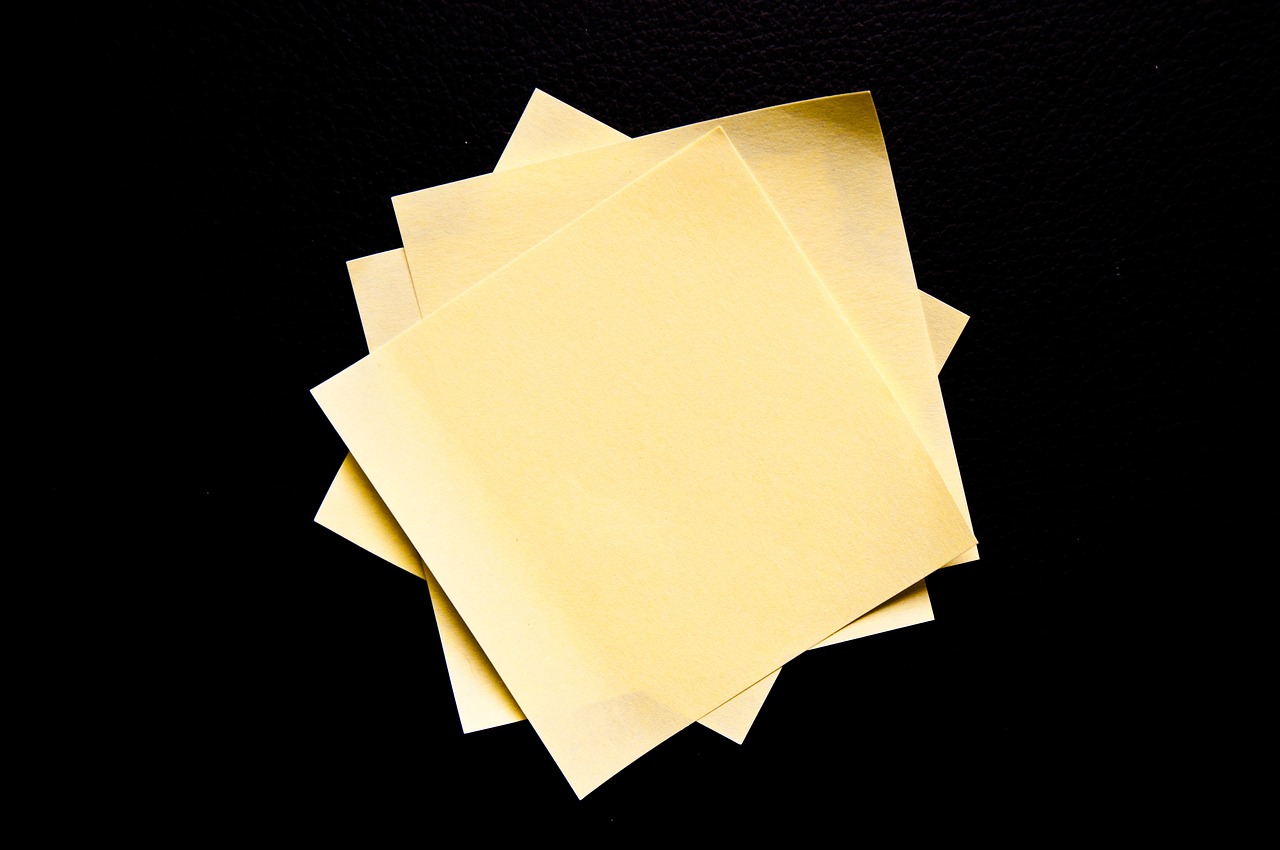
Delegating Tasks Effectively
Delegating tasks effectively is a crucial skill in time management that can significantly enhance productivity. By distributing tasks among team members based on their strengths and workload, you can ensure efficient task management and timely completion of projects. Utilizing apps like Todoist or Slack can streamline the delegation process, allowing you to assign tasks, set deadlines, and track progress seamlessly.

Automating Routine Tasks
Automating routine tasks can significantly increase efficiency and productivity in your daily workflow. By utilizing automation tools such as Zapier or IFTTT, you can streamline repetitive tasks and free up valuable time for more critical activities. These tools allow you to create automated workflows that trigger actions based on specific conditions, eliminating the need for manual intervention.
Imagine being able to automatically send email responses, organize files, or update spreadsheets without having to perform these tasks manually. Automation not only saves time but also reduces the risk of human error, ensuring consistency and accuracy in your work processes.
Moreover, automation tools can be customized to suit your specific needs and preferences, allowing you to create personalized workflows that align with your unique work style. Whether it's scheduling social media posts, syncing data between different apps, or generating reports, automation can handle a wide range of tasks efficiently.

Analyzing Time Usage and Productivity
When it comes to optimizing your time management skills, analyzing your time usage and productivity is crucial. By using apps like RescueTime or Toggl, you can track how you spend your time throughout the day and identify any inefficiencies or time-wasting activities. These tools provide detailed insights into your daily habits, allowing you to make informed decisions on how to better allocate your time.
By analyzing your time usage, you can pinpoint areas where you may be spending too much time on non-essential tasks or getting distracted easily. This data-driven approach enables you to adjust your workflow and focus on high-priority tasks that contribute to your overall productivity. Understanding where your time goes is the first step towards improving your efficiency and making the most out of your day.
Moreover, tracking your productivity levels can help you assess how effectively you are utilizing your time. By setting benchmarks and goals for your work output, you can measure your progress over time and make adjustments to enhance your performance. These apps not only track the time spent on specific tasks but also provide insights into your overall productivity trends, helping you identify patterns and areas for improvement.
With the ability to analyze your time usage and productivity levels, you can make informed decisions about how to structure your day for maximum efficiency. By leveraging data-driven insights, you can optimize your workflow, eliminate time-wasting activities, and focus on tasks that align with your goals and priorities. Ultimately, by understanding how you use your time and assessing your productivity, you can take control of your schedule and work towards achieving your objectives more effectively.

Effective Communication and Collaboration
Effective communication and collaboration are essential for successful teamwork and project completion. By utilizing communication tools like Slack or Microsoft Teams, teams can enhance collaboration and streamline their communication processes. These platforms offer features such as instant messaging, file sharing, and video conferencing, allowing team members to easily connect and exchange information.
Furthermore, effective communication involves clearly defining roles and responsibilities within the team. By establishing transparent communication channels and setting expectations, team members can work cohesively towards common goals. Regular updates, progress reports, and feedback sessions help ensure that everyone is on the same page and working towards the project's success.
Collaboration is another key aspect of effective teamwork. By leveraging tools that enable real-time collaboration, such as Google Docs or Trello, team members can work together on tasks simultaneously, fostering creativity and productivity. These platforms allow for seamless sharing of ideas, feedback, and resources, leading to more efficient project outcomes.
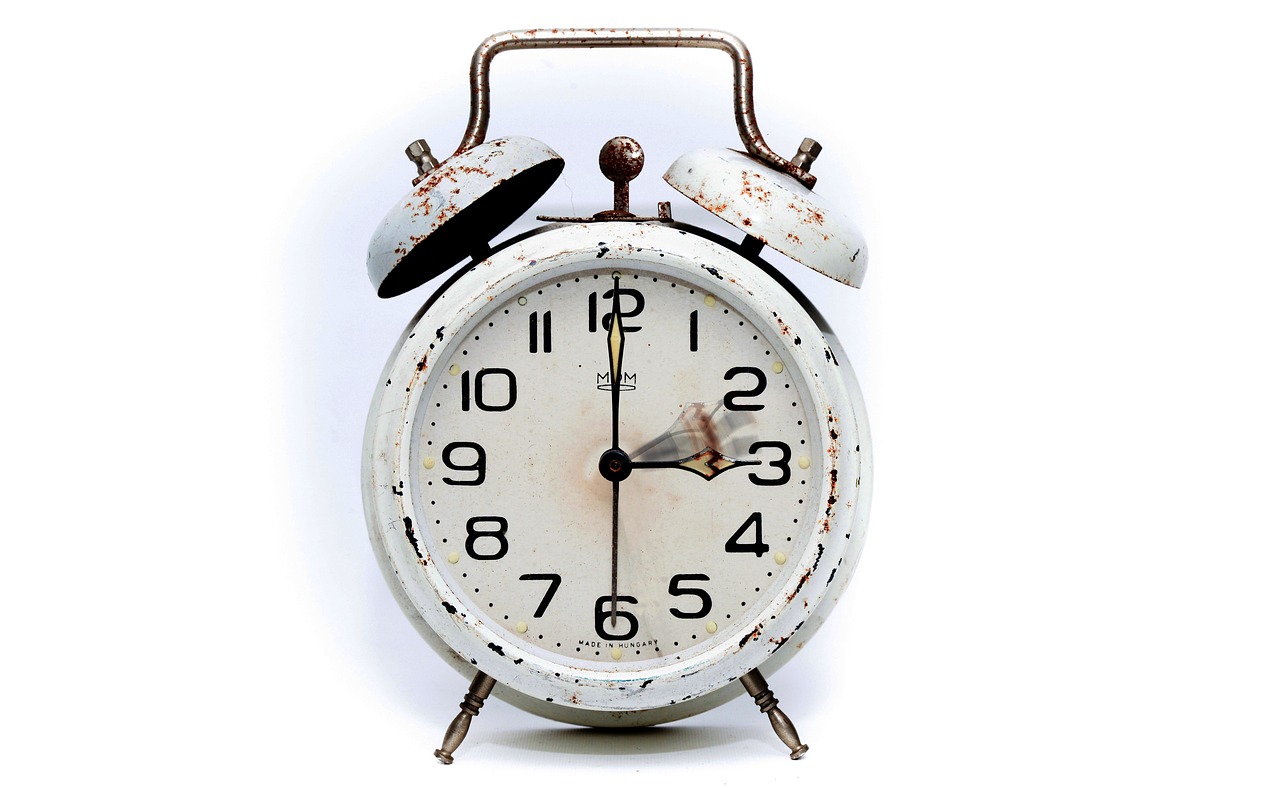
Self-Care and Time Management
In the fast-paced world of productivity and efficiency, it's easy to overlook the importance of self-care in effective time management. Just like a well-oiled machine needs regular maintenance to function optimally, our minds and bodies require care and attention to perform at their best. Incorporating self-care practices into your daily routine can significantly impact your productivity and overall well-being. Apps like Headspace and Calm offer guided meditation and relaxation techniques to help you unwind and de-stress amidst hectic schedules. By taking the time to prioritize self-care, you can recharge your energy levels, boost creativity, and maintain a healthy work-life balance.
Frequently Asked Questions
- What are the benefits of using time management apps?
Time management apps offer various benefits such as improved organization, increased productivity, better task prioritization, reduced procrastination, and enhanced efficiency in daily activities.
- How can task prioritization techniques help in time management?
Task prioritization techniques help individuals focus on important tasks, allocate time effectively, reduce stress, and ensure that crucial activities are completed on time, leading to better time management and overall productivity.
- What role do goal setting and tracking play in effective time management?
Goal setting and tracking provide individuals with a clear direction, motivation, and a sense of accomplishment. By setting SMART goals and tracking progress, individuals can stay focused, prioritize tasks, and achieve their objectives efficiently.
- How can minimizing distractions enhance time management?
Minimizing distractions allows individuals to maintain focus, increase concentration, and work more efficiently. By using distraction-blocking apps and implementing techniques to reduce interruptions, individuals can improve time management and productivity.
- Why is time blocking and scheduling important for effective time management?
Time blocking and scheduling help individuals allocate dedicated time for tasks, avoid multitasking, create a structured routine, and ensure that all essential activities are completed. By using calendar apps and time-blocking techniques, individuals can optimize their daily schedules for maximum efficiency.






